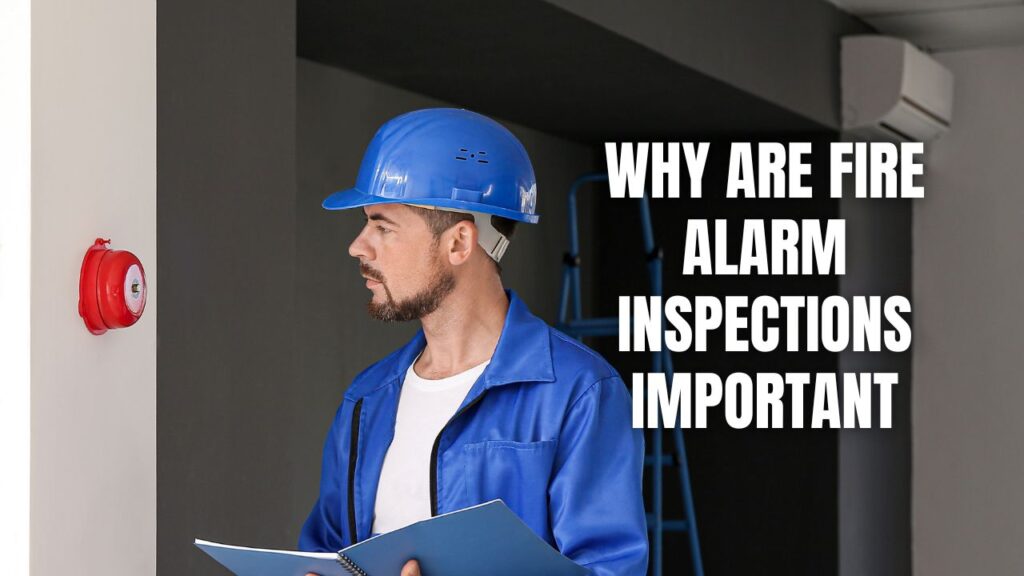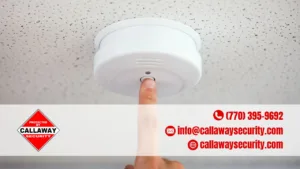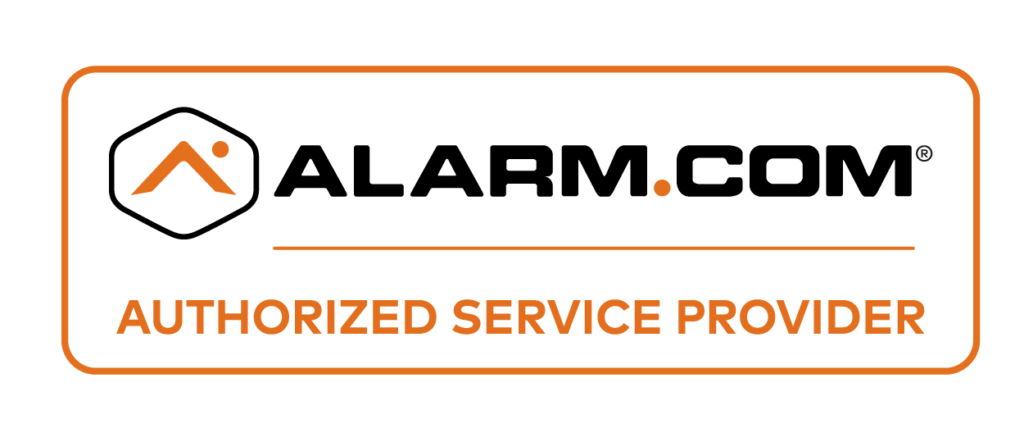Fire alarm inspections are crucial because they ensure that all components of the system function correctly, detect potential issues before they become critical failures, and help maintain compliance with local safety regulations. These inspections contribute to property protection, reduce false alarms, and can even lower insurance costs.
Imagine a fire breaks out in a building, but the alarm fails to sound. The consequences could be devastating—loss of life, severe property damage, and legal liabilities. Fire alarm systems are the first line of defense in fire emergencies, but they require regular inspections to guarantee their effectiveness. These inspections are not just routine check-ups; they are necessary safeguards that ensure fire alarms function optimally when needed the most.
Key Takeaways:
- Fire alarms must be inspected regularly to ensure they operate correctly and provide early warnings during emergencies.
- Regulatory compliance is mandatory, and failing to inspect fire alarms can lead to legal repercussions and fines.
- Preventative maintenance saves money by addressing small issues before they turn into costly repairs or replacements.
- Reducing false alarms is essential to maintain credibility and prevent unnecessary panic and emergency response costs.
- Upgrading technology improves safety, and inspections help determine when newer systems or features are necessary.

The Essential Aspects of Fire Alarm Inspections
1. Ensuring System Functionality
The primary reason for fire alarm inspections is to verify that every component functions correctly. This includes testing:
- Smoke and heat detectors to ensure they detect fire hazards promptly.
- Alarm sounders and strobe lights for clear alert signals.
- Control panels to verify communication between all connected devices.
- Backup power sources to confirm alarms remain operational during power outages.
- Manual pull stations to ensure emergency activation is responsive.
Regular inspections confirm that all these elements are working together to provide adequate fire protection.
2. Meeting Fire Safety Regulations
Most jurisdictions have specific fire safety regulations requiring periodic fire alarm inspections. Compliance with these laws helps:
- Avoid legal penalties and fines.
- Ensure businesses meet insurance requirements.
- Keep occupants safe by preventing system failures.
For example, the National Fire Protection Association (NFPA) sets guidelines for fire alarm testing, and failing to comply can result in hefty consequences.
3. Early Issue Detection Saves Lives
Fire alarm systems deteriorate over time due to factors such as dust buildup, wiring degradation, and battery failures. Routine inspections help identify these issues before they lead to:
- Alarm malfunctions that prevent early detection.
- Unresponsive notification systems that delay evacuation.
- System shutdowns that put lives and property at risk.
4. Preventing Property Damage
A faulty fire alarm system can lead to extensive damage in two ways:
- Delayed fire response: If a fire spreads unchecked due to a non-working alarm, structural damage becomes more severe.
- Accidental sprinkler activation: Malfunctioning alarms may trigger sprinklers unnecessarily, causing water damage to property.
By conducting routine inspections, we ensure alarms function properly, reducing both fire-related and accidental water damage.
5. Financial Benefits and Insurance Savings
Regular fire alarm inspections can lead to reduced insurance premiums. Insurance companies often offer lower rates to businesses and homeowners who can prove they maintain an active fire prevention system. Inspections also:
- Prevent costly system replacements by addressing small issues early.
- Reduce business downtime caused by system failures or emergency events.
- Avoid fines related to non-compliance with safety codes.
6. Reducing False Alarms and Unnecessary Evacuations
False alarms are more than just an annoyance—they can:
- Disrupt business operations and cause unnecessary panic.
- Overburden fire departments with non-emergency calls.
- Lead to fines in some jurisdictions where false alarms are penalized.
Regular inspections help detect and fix problems that may cause these false alerts, keeping the system reliable and trusted.
7. Keeping Up with Advancements in Fire Safety Technology
Fire alarm technology is continually evolving, with newer, smarter systems improving fire detection and emergency response. Inspections provide a great opportunity to:
- Assess whether an existing system is outdated.
- Identify beneficial upgrades such as wireless monitoring or integrated smart home connectivity.
- Improve system response time and reliability with modern solutions.
Additional Information About Fire Alarm Inspections
- Smoke detector sensitivity can decline over time, making routine testing necessary.
- Battery-operated alarms require battery changes at least once a year, while hardwired systems need power backup verifications.
- Commercial buildings typically require more frequent inspections than residential homes due to higher occupancy rates.
- Some states mandate professional fire alarm inspections annually to comply with building codes.
- A malfunctioning fire alarm can void insurance claims, leaving property owners financially vulnerable.
Frequently Asked Questions (FAQs)
How often should fire alarm inspections be conducted?
Most fire safety codes recommend inspecting fire alarm systems at least once a year, though commercial properties may require quarterly or even monthly checks.
Can I inspect my fire alarm system myself?
While homeowners can perform basic tests, professional inspections are recommended for thorough assessments, especially in commercial buildings.
What happens if my fire alarm fails an inspection?
If an issue is detected, repairs or replacements must be completed immediately to restore compliance and ensure safety.
Do fire alarm inspections include sprinkler systems?
Fire alarm inspections focus on alarm components, but combined inspections with sprinkler system checks are often recommended.
Will upgrading my fire alarm system reduce my insurance costs?
Yes, modern fire alarm systems with advanced detection features can lead to lower insurance premiums by reducing risk factors.
Fire Alarm Inspections Are a Non-Negotiable Safety Measure
Fire alarm inspections are a vital part of fire safety, ensuring that systems function correctly when needed most. Regular checks not only prevent malfunctions but also help meet legal requirements, reduce false alarms, and save lives. Whether for residential or commercial properties, investing in fire alarm inspections is a small step that makes a significant impact on overall safety and financial security.
By keeping our fire alarm systems in peak condition, we safeguard lives, property, and peace of mind. Prioritizing these inspections today means protecting what matters most tomorrow. Contact Callaway Security™ now!












